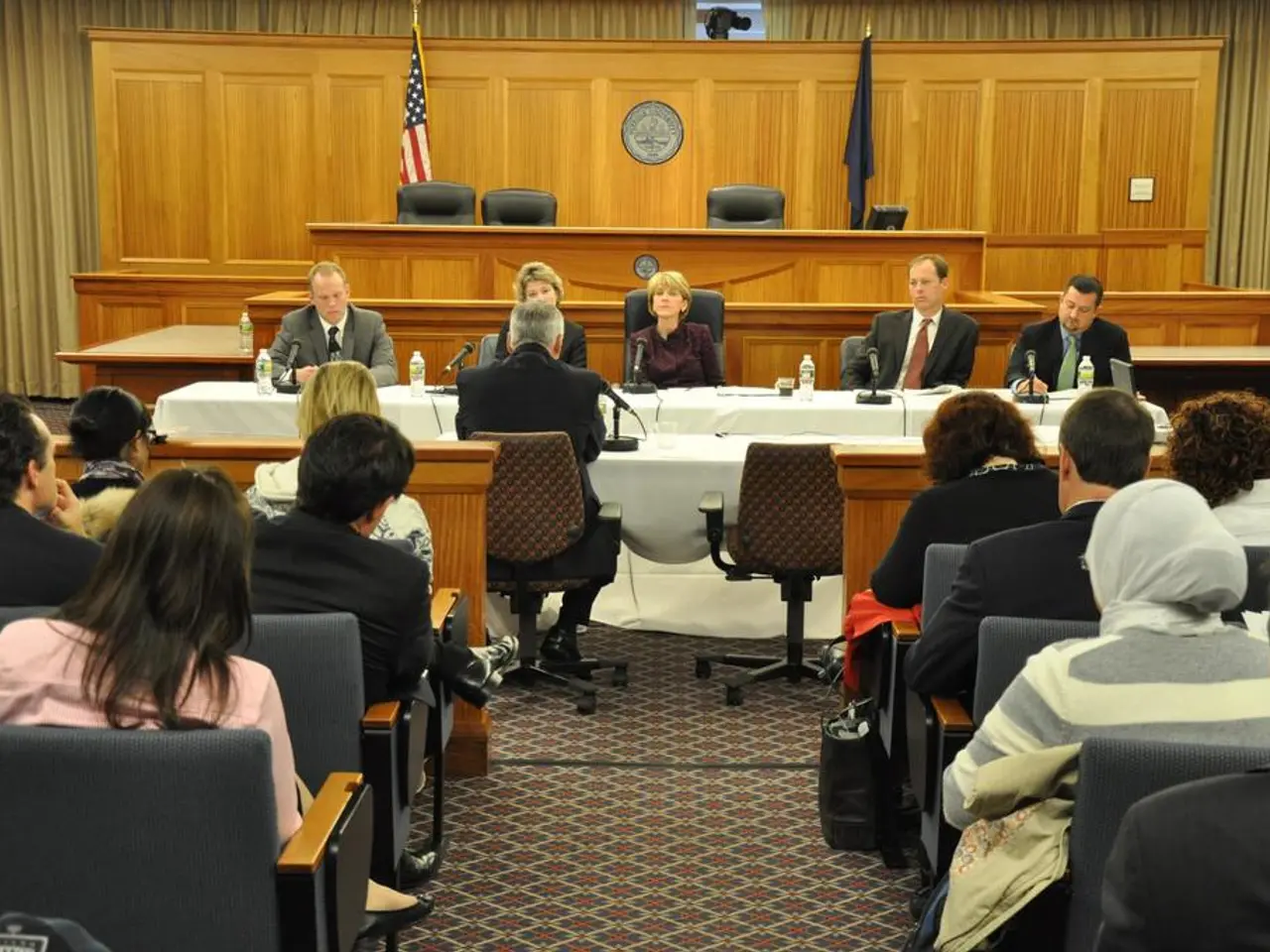Shutdown Near Completion
In Hamburg, the Basic Security Offices are grappling with increasing closures and limited emergency appointments, primarily due to administrative capacity constraints and resource shortages. This situation is causing concern for individuals seeking urgent help, as offices must prioritise scheduled appointments and manage reduced staff or operational hours.
The impacts on individuals are significant. Delayed access to essential social services and benefits exacerbates financial and social insecurity for vulnerable populations. The increased stress and uncertainty as individuals cannot secure timely appointments in emergencies can potentially worsen their situations. Longer waiting times and a backlog in cases further slow down the delivery of assistance.
Recently, the district office of Mitte clarified that the Basic Security Office had to deal with significant increases in case numbers. To address this, the office is open for personal consultations twice a week, but appointment bookings are only possible online. However, ten numbers are reserved for emergency cases that cannot wait or for persons who do not have access to online appointment scheduling.
On November 30, 2022, Rainer Kurda, a retired telecommunications engineer who has been assisting people with bureaucratic tasks for 12 years, experienced unusual chaos at the Mitte Basic Security Office in Hamburg. On that day, even for emergencies, no access card could be obtained at the office, despite it being open for only a few minutes. The office was filled with around 40 to 50 people, some of whom were running around, shouting, and having heated arguments with security personnel.
Social counselor Christel Ewert criticises the online appointment system, stating that many do not have the necessary equipment. She also expressed her concern about the situation and wanted to know more about the office's unusual procedures. A week later, Rainer Kurda stated in an interview that usually, people draw a waiting number and are called when their number lights up.
The Association of Free Welfare Services in Hamburg called on district offices to ensure unrestricted access to basic security benefits in October. However, as of press deadline, the couple Rainer Kurda was assisting had still not received a confirmation of receipt or response from the Basic Security Office.
In light of these challenges, it is crucial for authorities to address these operational bottlenecks to ensure timely and effective delivery of social support to those in need. Further direct sources would be required to gain specific details on current causes or planned measures in Hamburg's offices.
- The increased focus on online appointment systems in crisis management, as seen in the Basic Security Office in Mitte, raises questions about mental health and health-and-wellness for those without access to the necessary equipment or resources.
- In the face of surging case numbers, it is essential for policy-and-legislation and politics to consider the impact on mental health when making decisions about resource allocation and administrative capacity constraints in health-and-wellness services.
- The general news today revolves around concerns about the timely and effective delivery of social support services, particularly in regard to basic security offices facing significant operational bottlenecks, such as those in Hamburg, and their potential effects on mental health and overall health-and-wellness.




